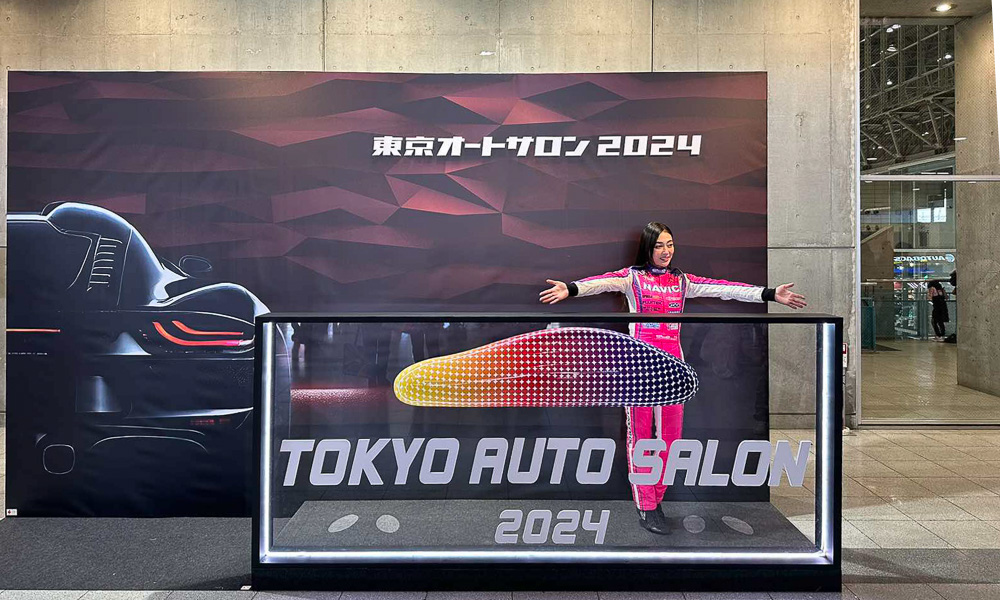
My news feed is full of Tokyo car culture at the moment as a vast majority of friends have flown en masse to the Land of the Rising Sun this weekend to attend the 2024 Tokyo Auto Salon.
To give a quick recap, TAS is one of the big three aftermarket tuning and motorsport shows in the world, together with the SEMA Show in Las Vegas and the Essen Motor Show in Germany.
It started in 1983 and was originally known as the Tokyo Exciting Car Show, a project headed by the editor-in-chief of the popular Japanese tuning car magazine Option, which is still in publication today and captures the overall pulse of the Japanese tuning car scene.
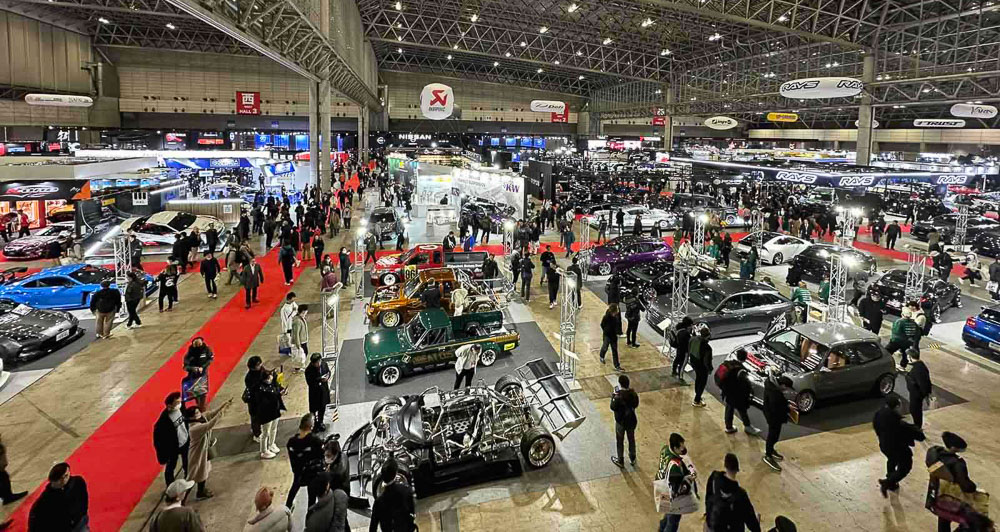
It aimed to promote the growing Japanese tuning and modifying style and culture to the rest of Japan and the world through this event, and it grew to be an iconic global phenomenon.
Japanese tuning car culture peaked in the 1990s and early 2000s with throngs of independent shops, tuners, and aftermarket companies, with well-known names like Trust/GReddy, HKS, Blitz, and A’PEXi carving a niche in a highly specialized segment of the automotive industry.
They often portray a rebellious persona, especially in Japan with its traditionally conservative and conformist society.
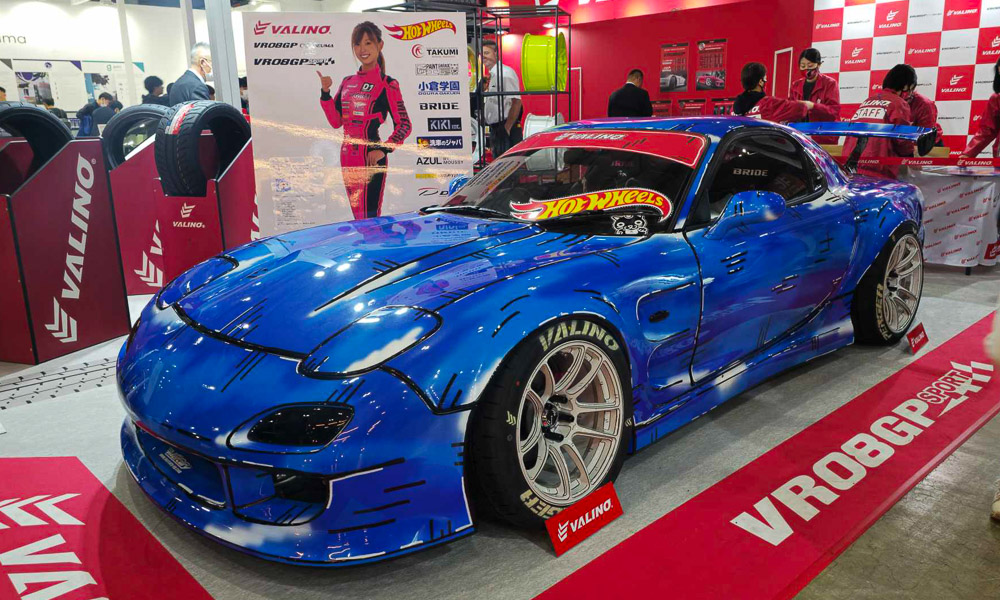
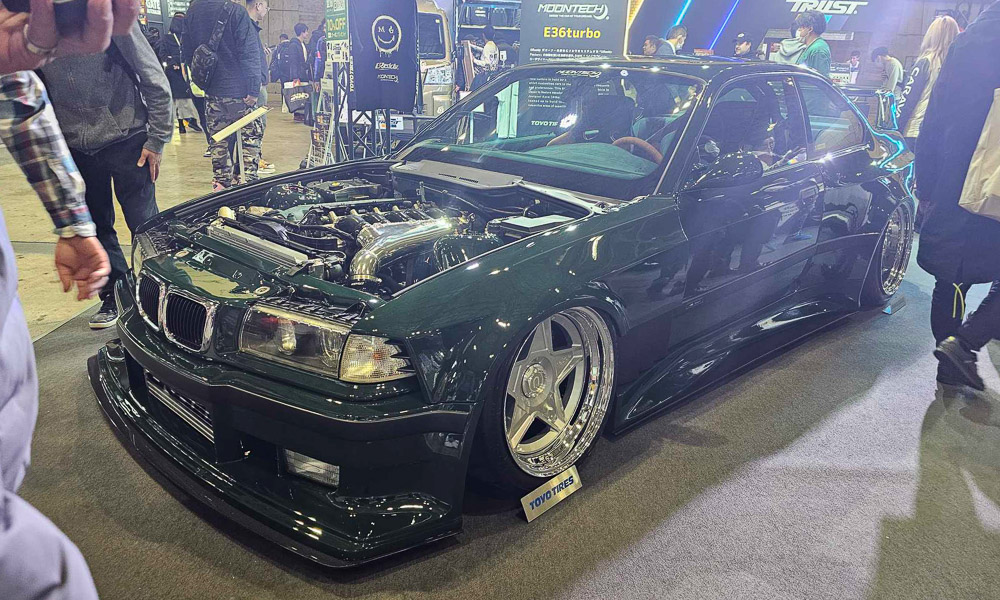
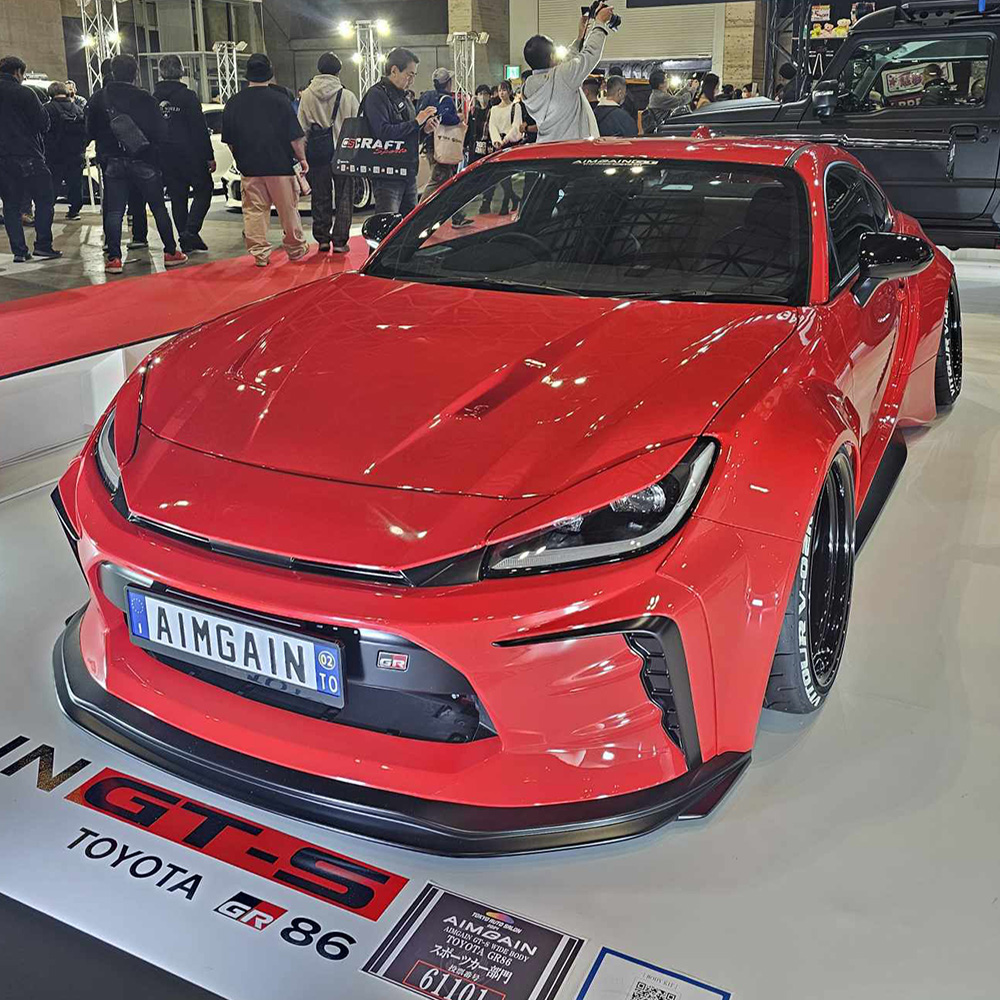
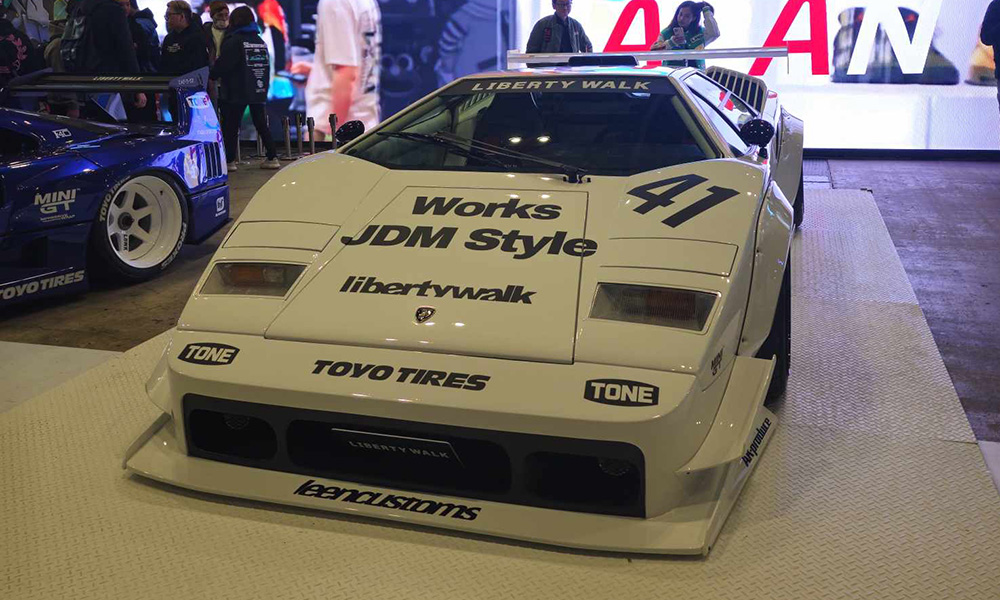
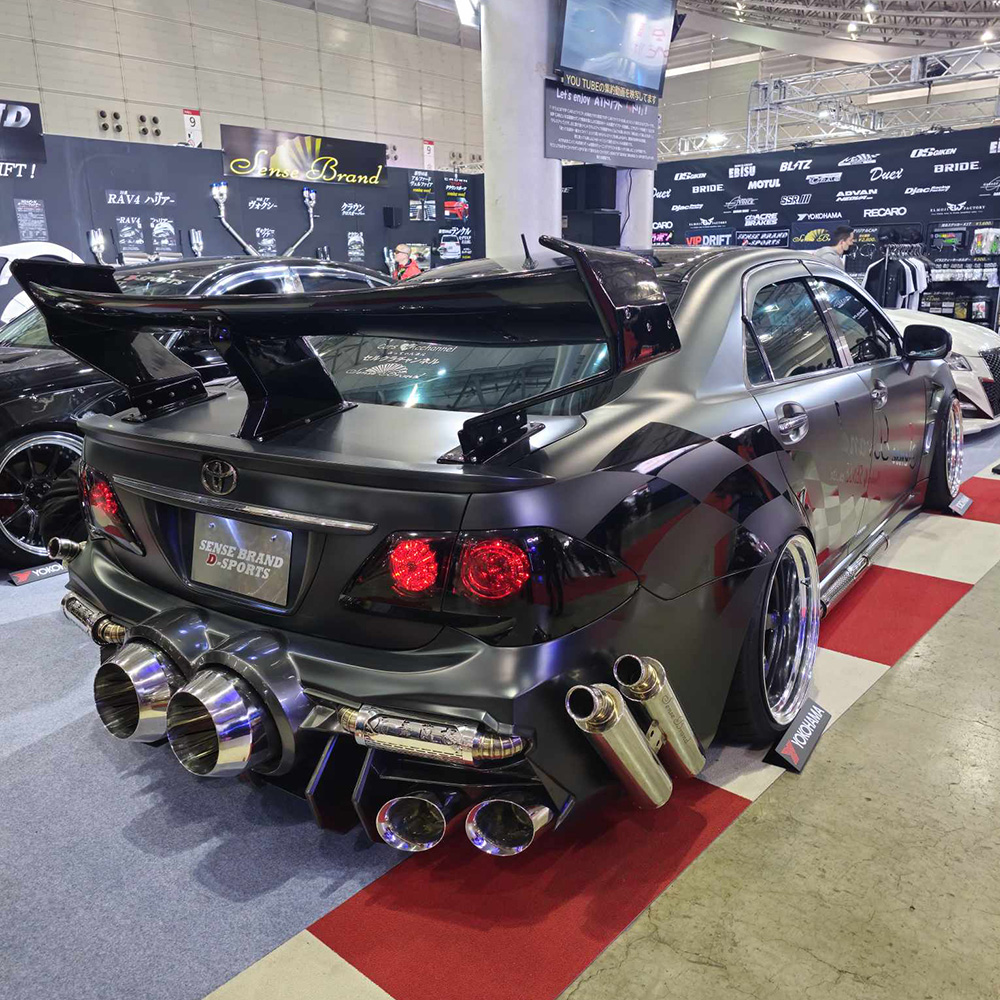
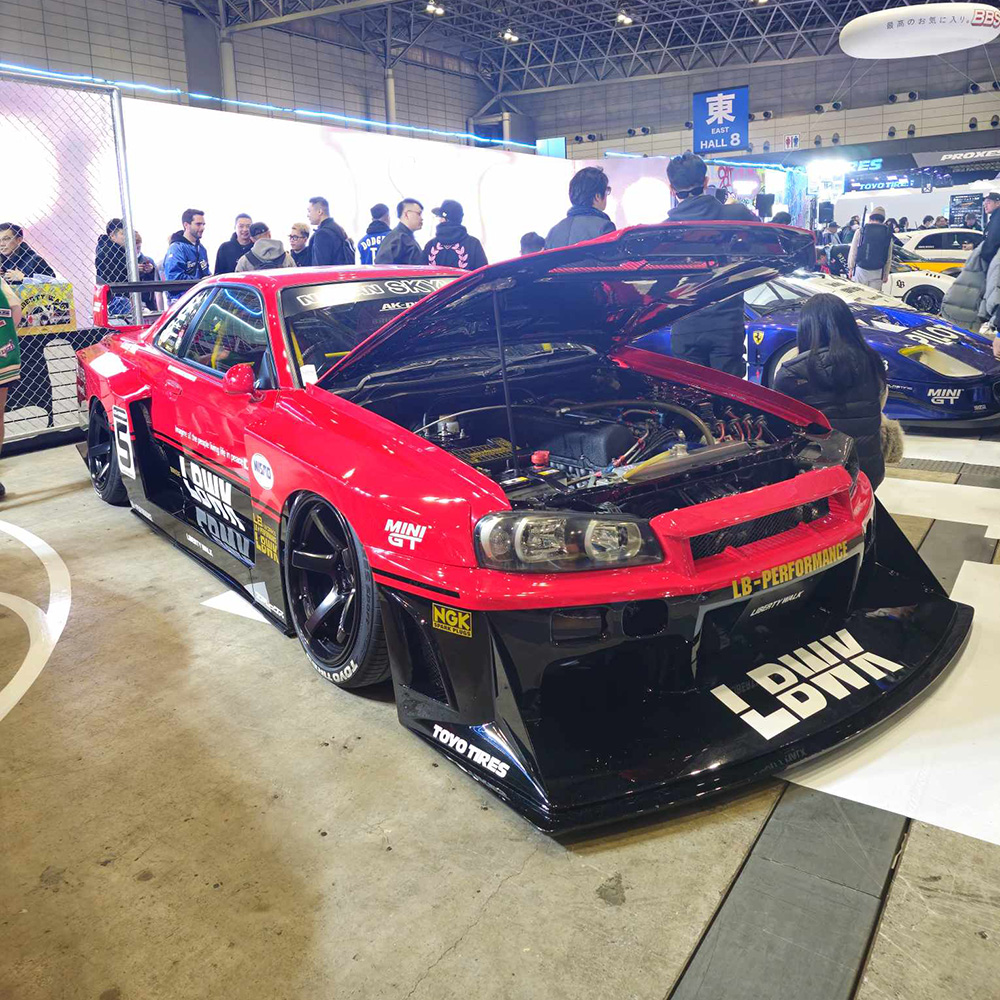
Today, the industry has evolved with the entry of foreign tuning companies keen to associate with and enter the Japanese market. Even the major manufacturers have invaded the realm of TAS to show that they also have a wild side beyond their stiff, stuffy suits.
Toyota, Nissan, Subaru, and Honda are all TAS veterans, and this year, Hyundai also joins as the latest manufacturer at TAS. Other brands like BMW, Suzuki, Mitsubishi, and Mazda also have official displays.
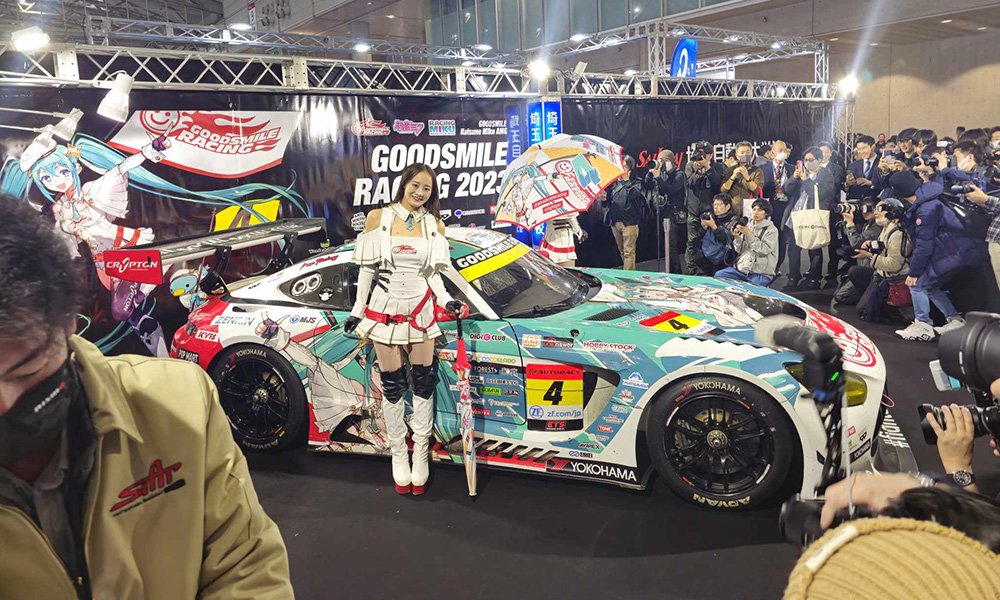
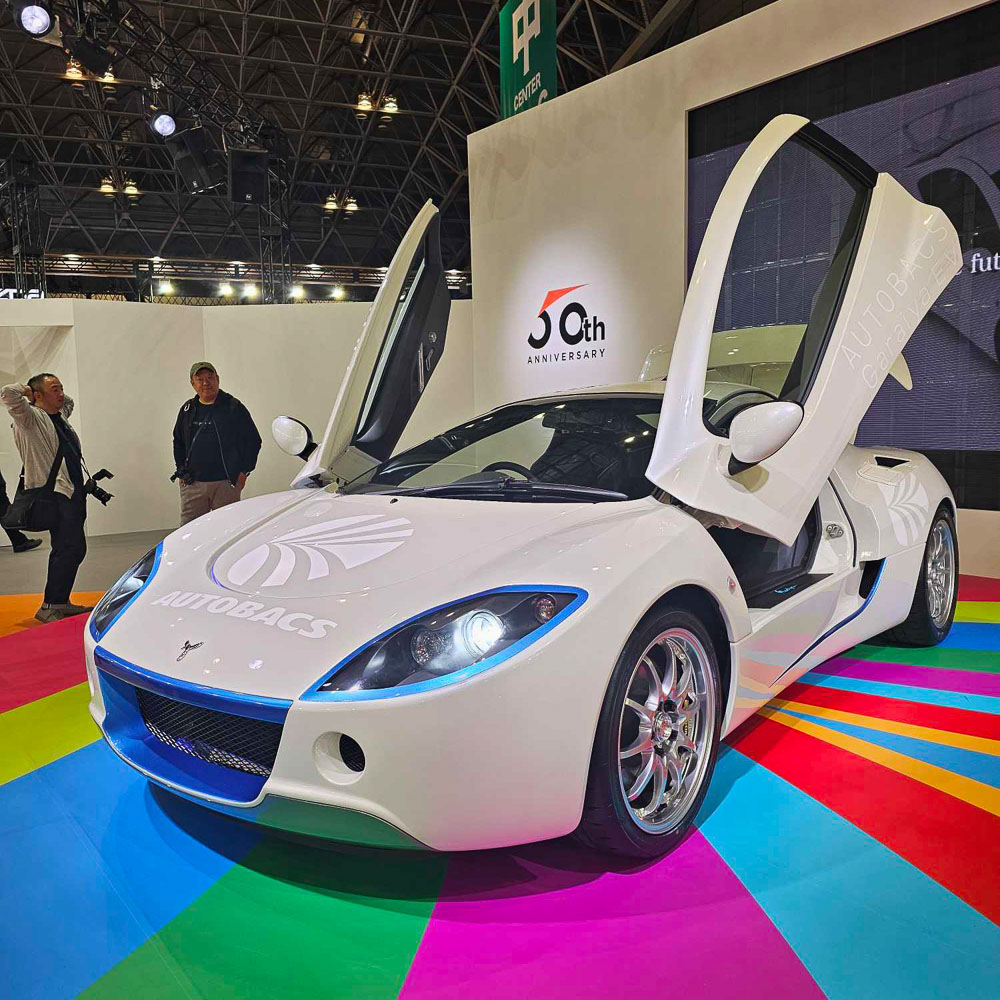
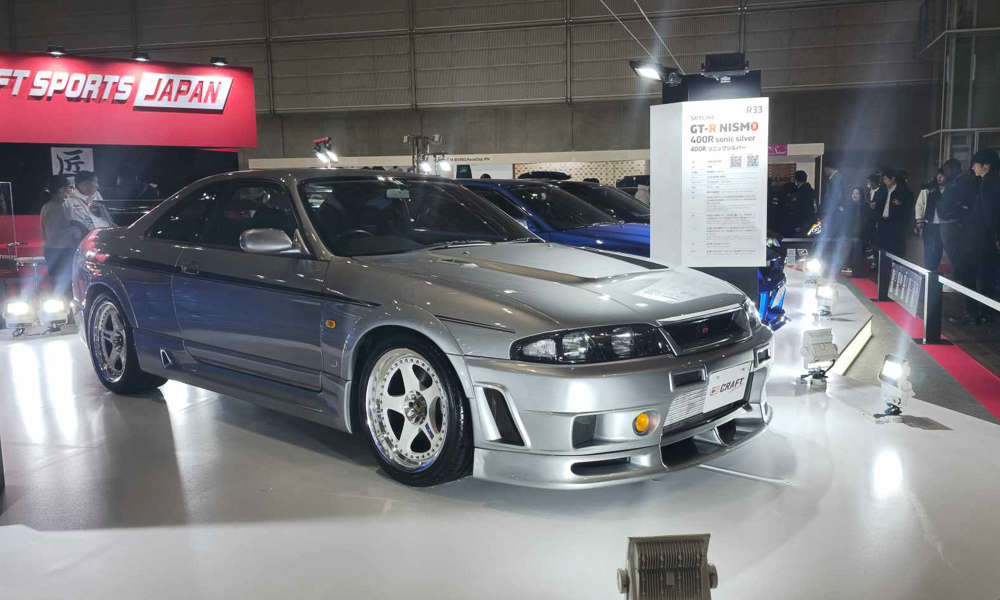
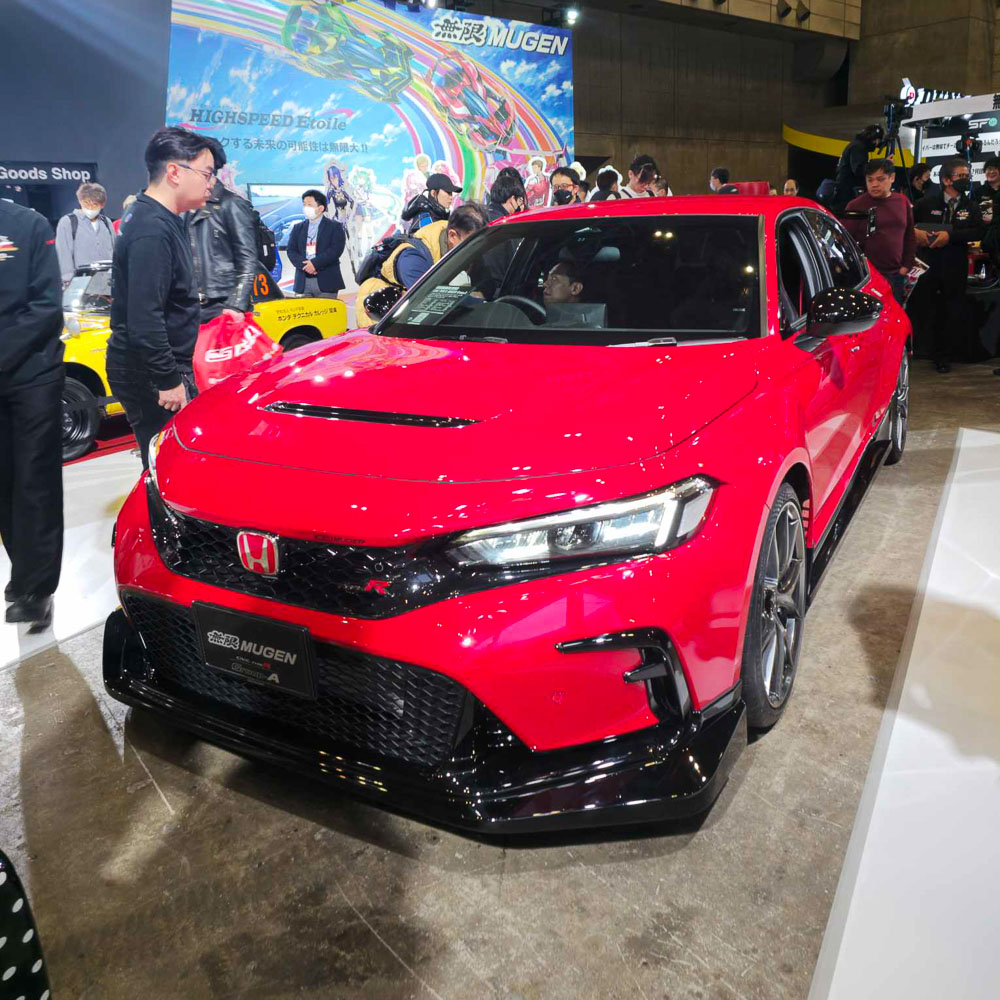
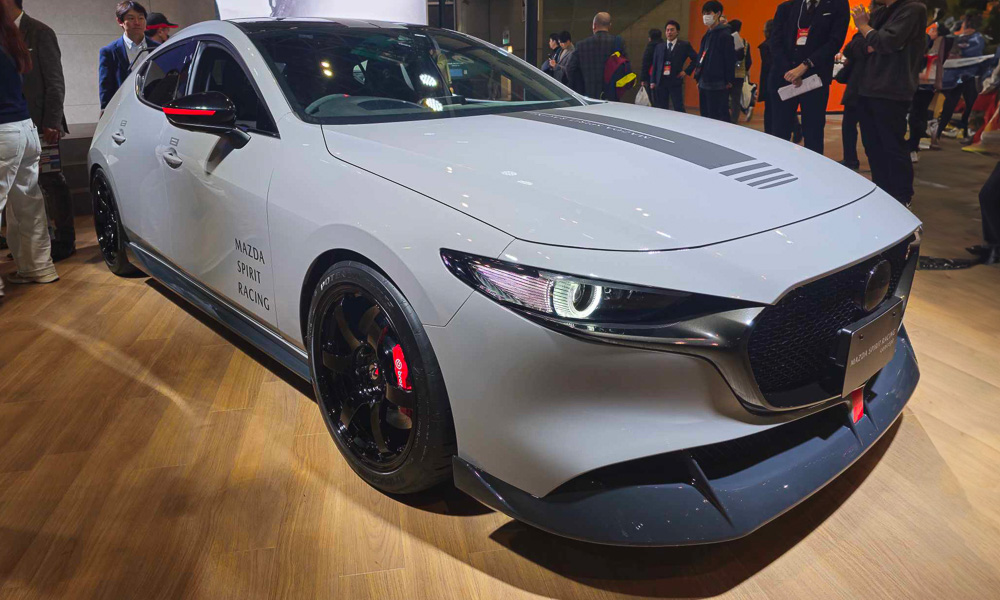
Many old-time showgoers feel that the vibe has changed as having major manufacturers participate pushes out and alienates the small independent players.
But I feel it also helps establish an air of legitimacy and importance, both necessary for TAS’s longevity and future fans worldwide.
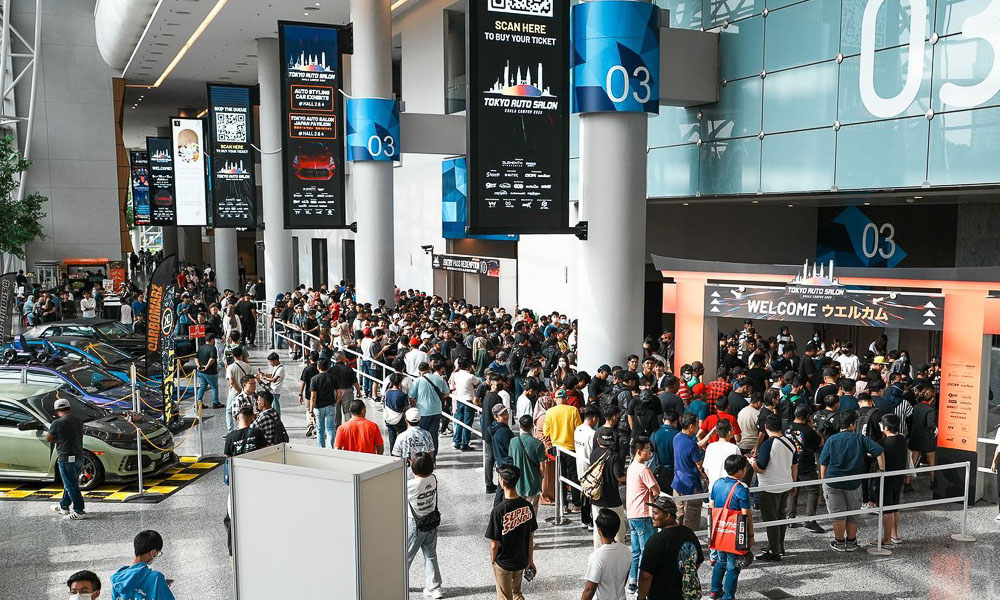
Interestingly, TAS has also branched out, organizing similar events in Bangkok, Singapore, and Kuala Lumpur with the same branding.
This year, over 320 exhibitor booths are on display, spread across the 11 halls of the Makuhari Messe exhibition center in Chiba, covering a total area of roughly 72,000sq-m. That’s massive.
The event attendance peaked in 2020 just before the pandemic with over 300,000 guests flying in from all over the world. This year looks promising, possibly eclipsing the 2020 attendance figures.
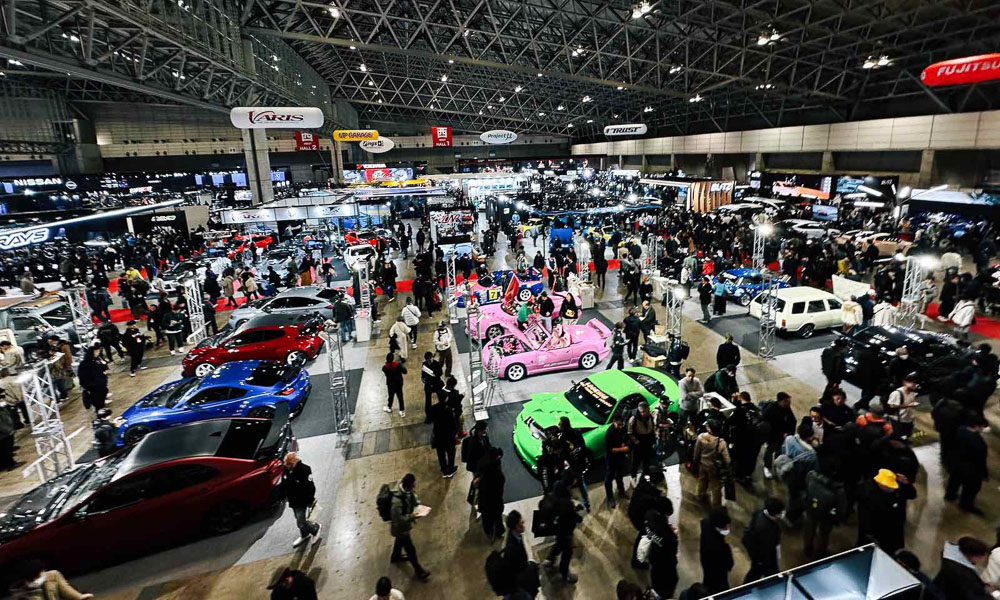
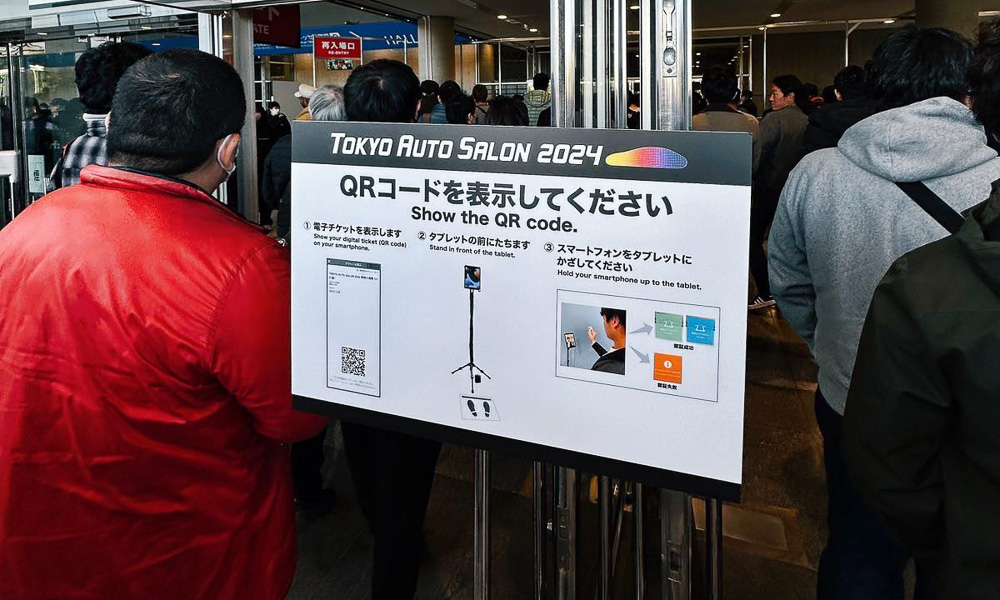
Will we be seeing more OEM involvement in the future? Will EVs be embraced by the tuning lifestyle and become TAS mainstays in the future? And will we see the OEMs work more closely with these third-party tuning companies in the future?
So much has changed as Tokyo Auto Salon not only challenges to remain relevant in the future but to also grow further.


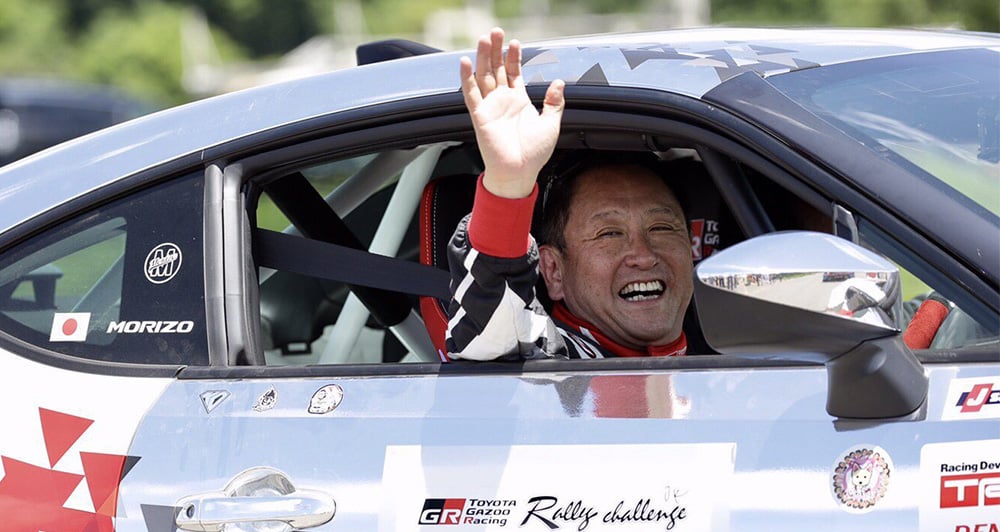
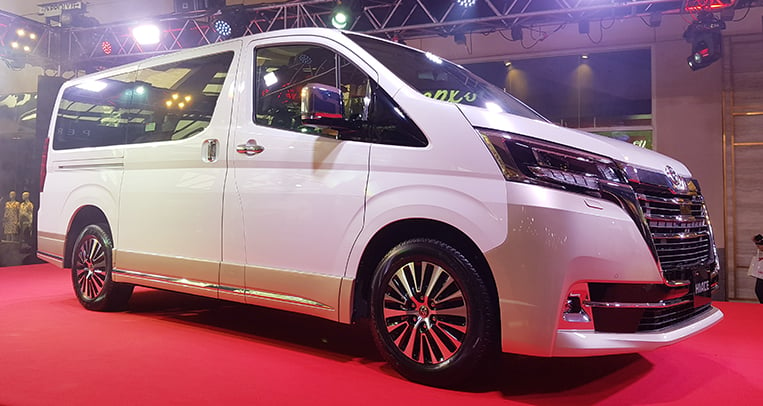



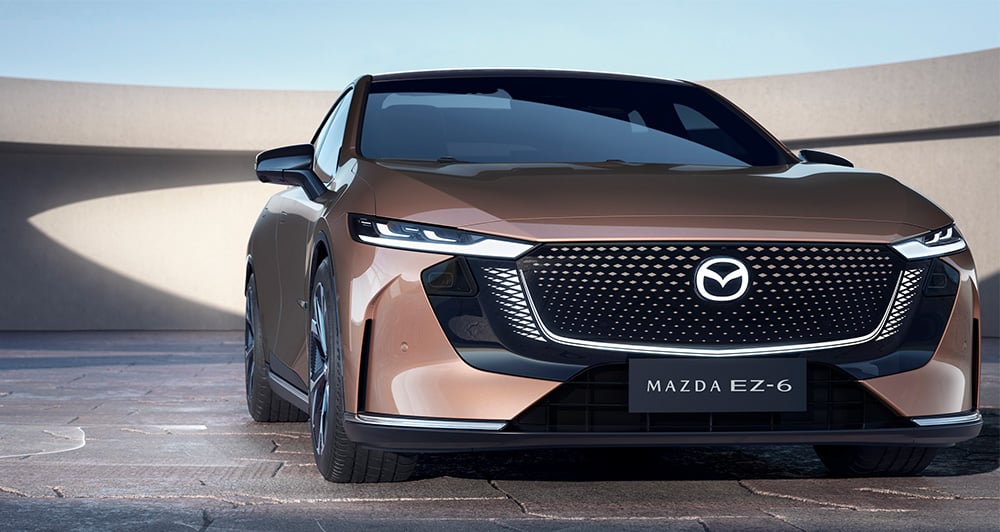


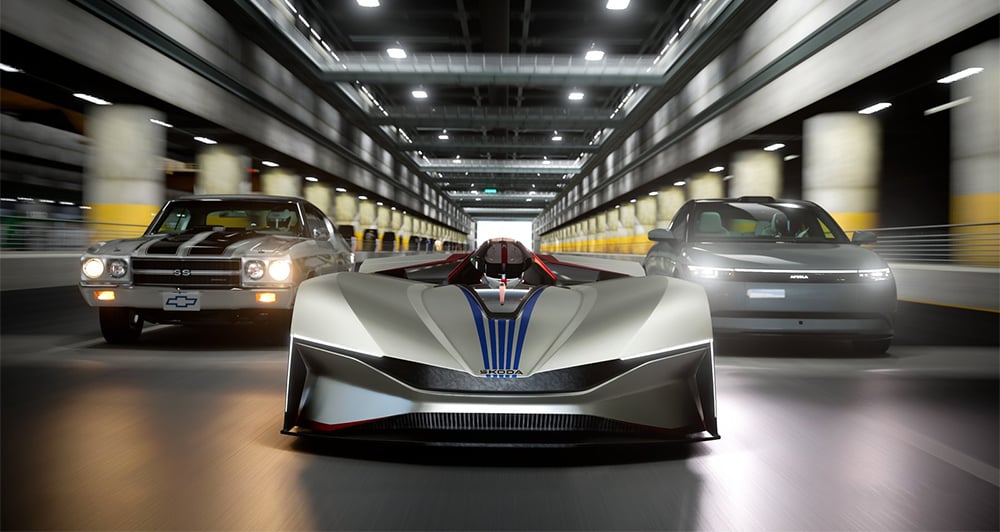
Comments